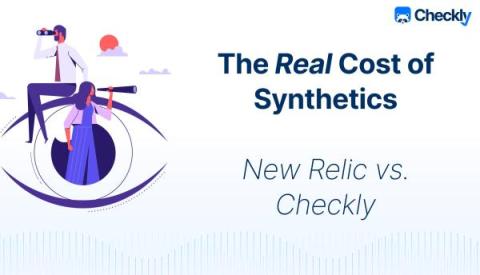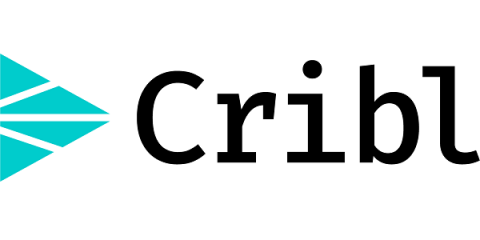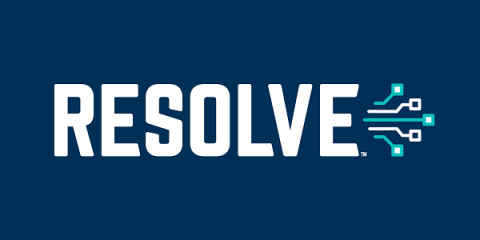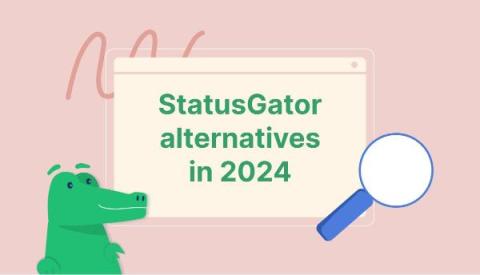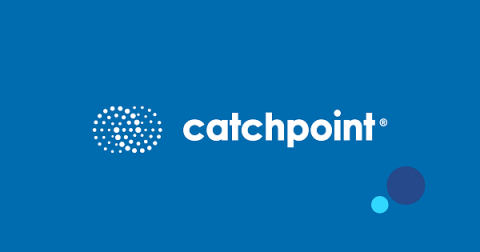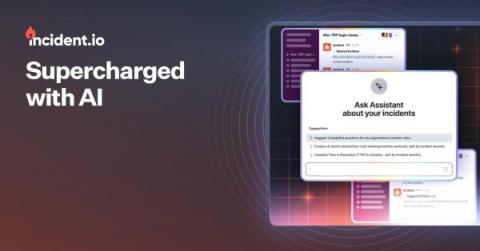Operations | Monitoring | ITSM | DevOps | Cloud
Latest Posts
Collecting OpenShift container logs using Red Hat's OpenShift Logging Operator
Make Moves Without Making Your Data Move
How much of the data you collect is actually getting analyzed? Most organizations are focused on trying not to drown in the seas of data generated daily. A small subset gets analyzed, but the rest usually gets dumped into a bucket or blob storage. “Oh, we’ll get back to it,” thinks every well-intentioned analyst as they watch data streams get sent away, never to be seen again.
Q&A: What IT Automation Best Practices Should You Know Right Now? - Part 2
With a limitless load of questions on IT automation and the industry’s biggest trends, Resolve’s “Ask Me Anything (AMA)” session went about tackling them in an all-new way. We threw out the preparation, we threw out the scripts, and we asked our community to submit the questions that matter most to them and their organizations. Part of our leadership team took the hot seat and provided answers in real time, sans dress rehearsal.
StatusGator Alternatives in 2024
In this realm of cloud and SaaS service uptime, StatusGator offers unparalleled monitoring of nearly 3,000 services. This article delves into the alternatives to StatusGator in 2024, but first, let’s understand what sets StatusGator apart. Unlike typical status page aggregators, StatusGator offers advanced status aggregation with unique capabilities. StatusGator collects the status of almost 3,000 services from official, published, status pages to gain as much information as possible.
Mastering Internet Performance Monitoring: A Best Practices Series
The digital landscape has dramatically transformed since the world’s first website went live at CERN on August 6, 1991. What began as a single webpage has exploded into a sprawling, intricate web of interconnected services and systems. The modern web is mind-bogglingly vast, complex, and, when it works, beautiful in its precision and technological harmony.
8 Strategies for Reducing Alert Fatigue
Site Reliability Engineers (SREs) and DevOps teams often deal with alert fatigue. It's like when you get too alert that it's hard to keep up, making it tougher to respond quickly and adding extra stress to the current responsibilities. According to a study, 62% of participants noted that alert fatigue played a role in employee turnover, while 60% reported that it resulted in internal conflicts within their organization.
What MSPs Need to Know About Our Partner Program
MSPs using CloudHealth are in for an abrupt start to 2024. VMware, which acquired CloudHealth, is ending its partner programs. Instead, they’re rolling out the exclusive Partner Program, starting from February 5, 2024. The switch will impact solution providers, resellers, and cloud services partners. With this new selective partner program, MSPs face fresh challenges in meeting the latest standards.


